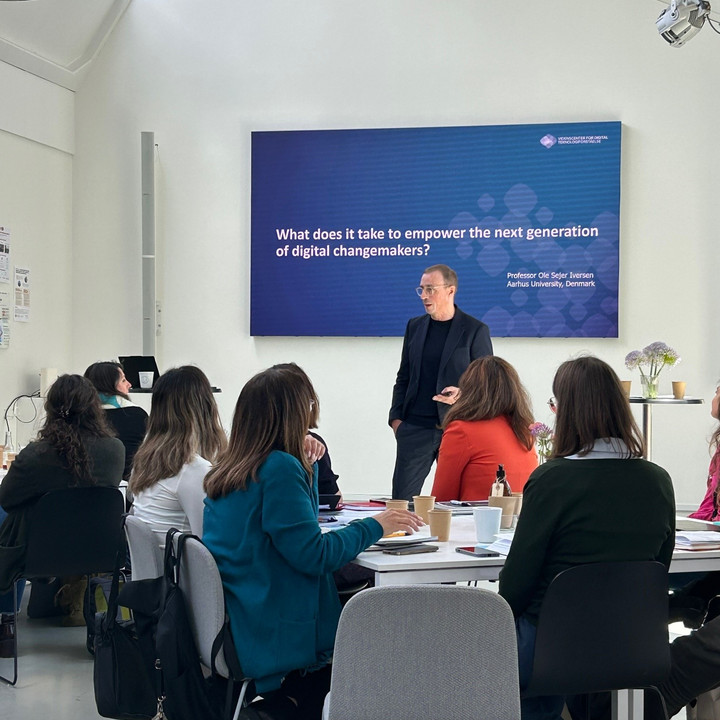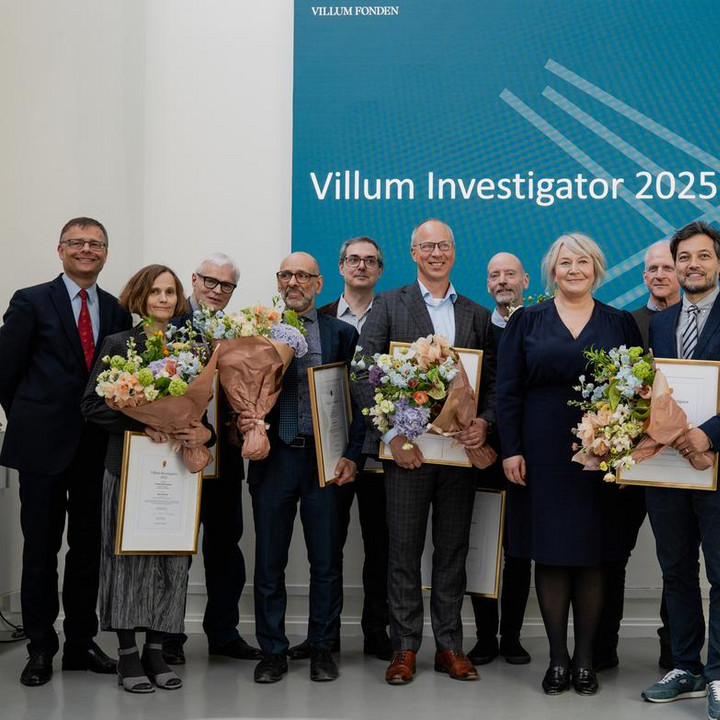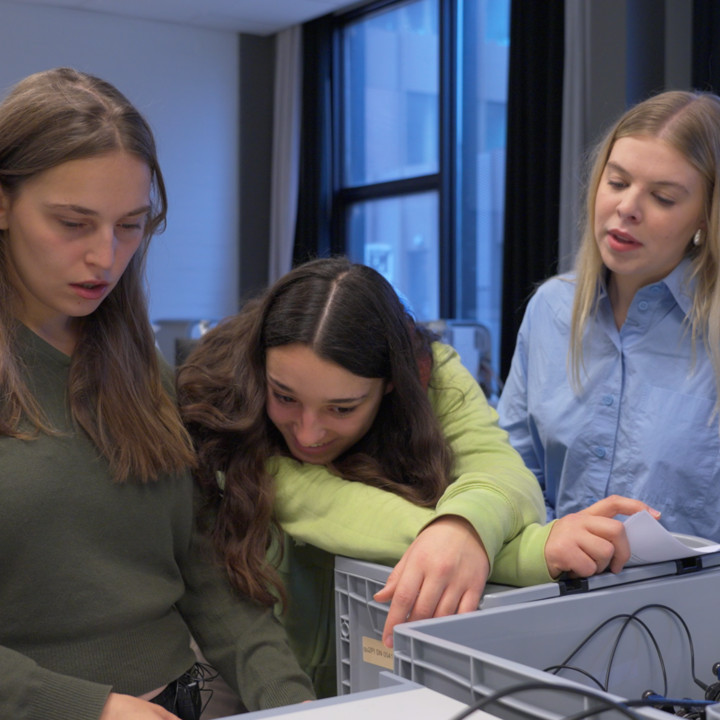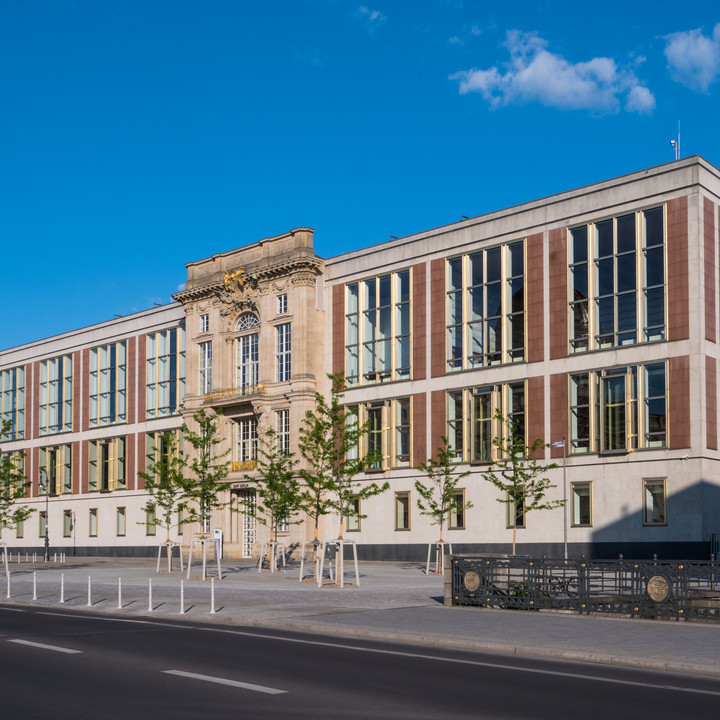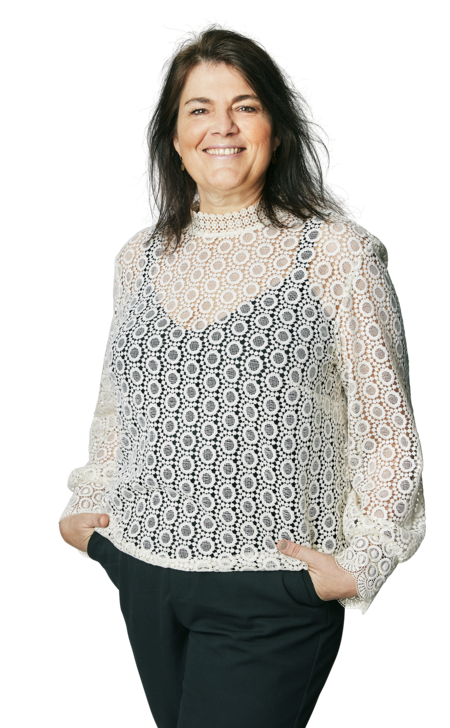Science in leisure time: The robots are coming... to summer camps
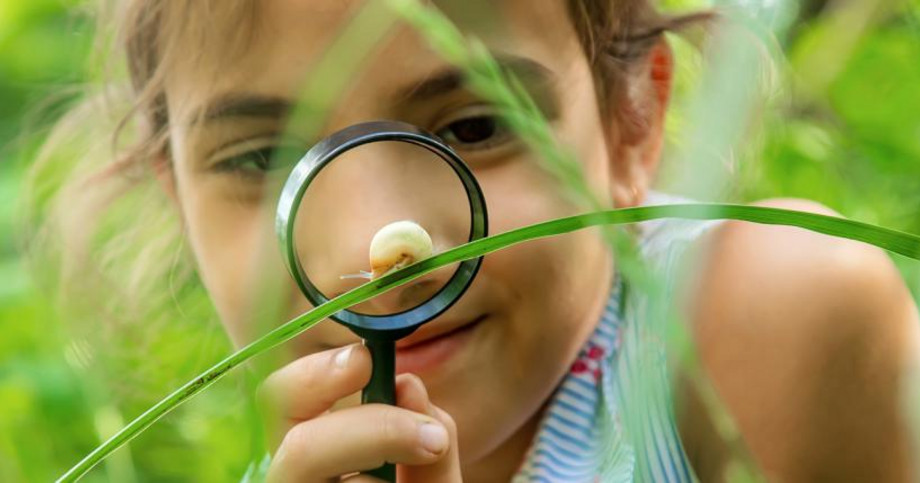
Science in leisure time is one of VILLUM FONDEN's focus areas within the grant area Children, Youth, and Science. The area contributes to solutions and national initiatives with an overall aim: more children with strong science capital.
Science isn't just something that happens in school. It's all around us - in the rising oceans, the growing rapeseed fields, the airplanes taking off, and the algorithms shaping our views of the world.
In the Science in Leisure Time program, VILLUM FONDEN supports leisure organizations and institutions that create fun and inspiring leisure activities, giving children and young people the opportunity to cultivate and strengthen their interest in natural science and technology:
"Children and young people's interest in science isn't only stimulated by skilled teachers in school. It's important for them to experience hands-on how science impacts their daily lives and to have good experiences with science in their leisure time - alongside networks and family. The eight projects that are now receiving grants will open doors and nature for a wealth of exciting science activities for children and young people across the country," says fund advisor Marianne Lomholt from VILLUM FONDEN's grant area Children, Youth, and Science.
VILLUM FONDEN has commissioned Ramboll and Copenhagen University College to evaluate the Science in Leisure Time program. Read the two reports:
VILLUM FONDEN is allocating 23 million DKK to the eight projects, all of which invite to inspiring and engaging science leisure activities with relevant and horizon-expanding science content, focusing on community and involvement. Several of this year's projects shine a spotlight on sustainability and climate footprint - for example, experimenting with sustainable construction through bio-hybrid architecture, exploring the combination of technical elements with living organisms such as fungi. And you can meet both Science Pirates and Junior Rangers.
SEE THE EIGHT PROJECTS:
Project: Junior Rangers - Youth's Voice in the Green Transition
By Brabrand Housing Association with The Social Housing House, DKK 2,033,047.
The Social Housing House in Gellerup and Toveshøj aims to strengthen youths' relationship with nature and science through programs for young people aged 10-18 growing up in disadvantaged housing areas. Science programs will focus on sustainability and resource consumption themes, equipping youths to be more aware of the green transition.
The project is divided into four learning programs for children and youths attending local clubs. These programs will be facilitated and implemented by youths from the area who will be trained as young science communicators, Junior Rangers. The young Junior Rangers will also be supported in organizing and hosting larger events in the local area, as well as arranging inspiring trips into the surrounding nature with the children and their families.
Project: Alchemists, Superheroes, and Other Scientists - There's Science in Children's Culture!
By Absalon University College, DKK 1,960,410.
Absalon University College, in partnership with researchers and practitioners specializing in science education and leisure education, will develop and test 20 intensive science weeks in five leisure clubs involving a total of 500 children aged 10-13. The project engages leisure educators, researchers, and subject specialists to develop and evaluate the programs.
The goal is to enhance children's science capital and identity formation by providing them with positive experiences of science within their familiar cultural contexts. Children's participation is ensured by establishing activities in the leisure clubs' popular workshops, which attract many children daily. Through thematic approaches based on children's interests such as gaming, role-playing, and creative workshops, the project aims to inspire children to pursue scientific approaches in their play and daily lives.
Project: Robot and Technology Camps By Technological School, DKK 2,476,059.
Technological School aims to develop and host 11 robot and technology-oriented summer camps involving approximately 530 children and youth aged 10-16 in the established branches under Technological School. Building upon a previous grant under the Science in Leisure Time fund, the project focuses on reaching out to children and youth who typically aren't interested in science. The 11 summer camps, scheduled for 2024 and 2025, will be used to raise awareness about Technological School's longer seasonal programs.
Volunteers in the project will receive training for their tasks, and manuals will be developed for the volunteer instructors along with learning materials. Additionally, a pool of 10 ready-made technology projects with accompanying purchasing guides, components, and drawings will be created, making it easy to print or laser-cut the mechanical parts needed.
Project: Science Pirates
By THE SCOUTS, DKK 4,999,461.
The "Science Pirates" project builds upon a previous project supported in an earlier announcement about Science in Leisure Time. The continuation aims to enhance science skills and promote positive science values among children and youth in the scouting movement.
The project focuses on climate and involves children and youth in the development of activities with a clear science component. Activities include cooking, scout camps, exploring marine biodiversity, and inventions. There will be a focus on sustainability and climate footprint, and the scouts will participate in opening and closing sessions where they reflect on the activities' impact on the climate. The project includes science activities, development of activity materials, training of young and adult volunteers, and the creation of a website for dissemination and sharing of activities. The target audience is children and youth aged 10-18 within the scouting movement, and it is expected to reach 70,000 scouts in the five largest scout corps in Denmark.
Project: Utzon Arki-Lab
By Utzon Center A/S, DKK 4,957,750.
The Utzon Center in Aalborg aims to increase children and youth's interest in bio-based building materials and the green transition. Through various activities centered around an architectural laboratory called Utzon Arki-Lab, children, youth, and their adults will be able to experiment with creating new sustainable architectural possibilities.
Arki-Lab will focus on bio-hybrid architecture, exploring the combination of technical elements with living organisms. The project also includes experiments with digital technology and mushrooms, coding with micro:bit, and wood weaving. In total, the project involves 4000 children and their adults in various activities, including a 36-week program for 10-13-year-olds, 5-week programs for children, youth, and adults, 1-day workshops, 5-day summer programs, and external workshops outside the Utzon Center.
Project: Physics Club - Physics and Science Clubs in the Region of Southern Denmark
By University of Southern Denmark, DKK 2,833,117.
The University of Southern Denmark, in collaboration with high schools and youth schools in the Region of Southern Denmark, will establish and support physics leisure clubs in the region. Youth aged 14-18 will be introduced to physics, astronomy, and space science through academic and social communities. Two clubs are already established, and up to 10 clubs will be created as part of the project. Additionally, standalone programs and camps will be held at youth centers, youth clubs, and festivals to raise awareness about the physics clubs.
The project will utilize hands-on teaching equipment such as a mobile planetarium, radio telescopes, satellite receivers, educational robots, and a NASA educational rover.
Project: UNF ScienceCamps 2023-2025
By Youth Association for Natural Sciences (UNF), DKK 1,500,000 DKK.
The Youth Association for Natural Sciences (UNF) organizes ScienceCamps, providing young people aged 15-18 with the opportunity to explore and learn about mathematics, physics, computer science, game design, and chemistry in a different and engaging way. The aim of ScienceCamps is to spark interest and curiosity in natural sciences among young people and create a community centered around science. Volunteer role models organize and conduct the various ScienceCamps, and the project expects approximately 750 young people to participate over a three-year period.
UNF is the applicant, and their partners, including the Department of Computer Science at the University of Copenhagen, the Technical University of Denmark, Aalborg University, and Aarhus University, provide facilities, laboratories, and equipment during the various ScienceCamps.
Project: Space for Life
By the Natural History Museum of Denmark, University of Copenhagen, DKK 2,499,420.
With Space for Life, the Natural History Museum of Denmark (NHMD) at the University of Copenhagen, in collaboration with several established youth clubs, will facilitate a leisure offer for young people focusing on nature understanding and the biodiversity and climate crisis. In the project, young people will, among other things, create new - or improve existing - green areas in the youth clubs so that the areas can become habitats for as many native species as possible. Additionally, the project will collaborate with the utility company Cerius-Radius to make their many green areas more nature-friendly.
The program is based on locally established "biodiversity makerspaces," where young people literally get their hands in the soil. The young people will experience that they make a real difference in their local environment and gain an understanding that it is possible to make room for more nature if we prioritize it. The effort is initiated, established, and followed by experts from NHMD based on the young people's engagement and motivation. The project will be carried out in three phases and will develop a best practice model and share experiences on a website for the benefit of youth clubs and other interested parties.
